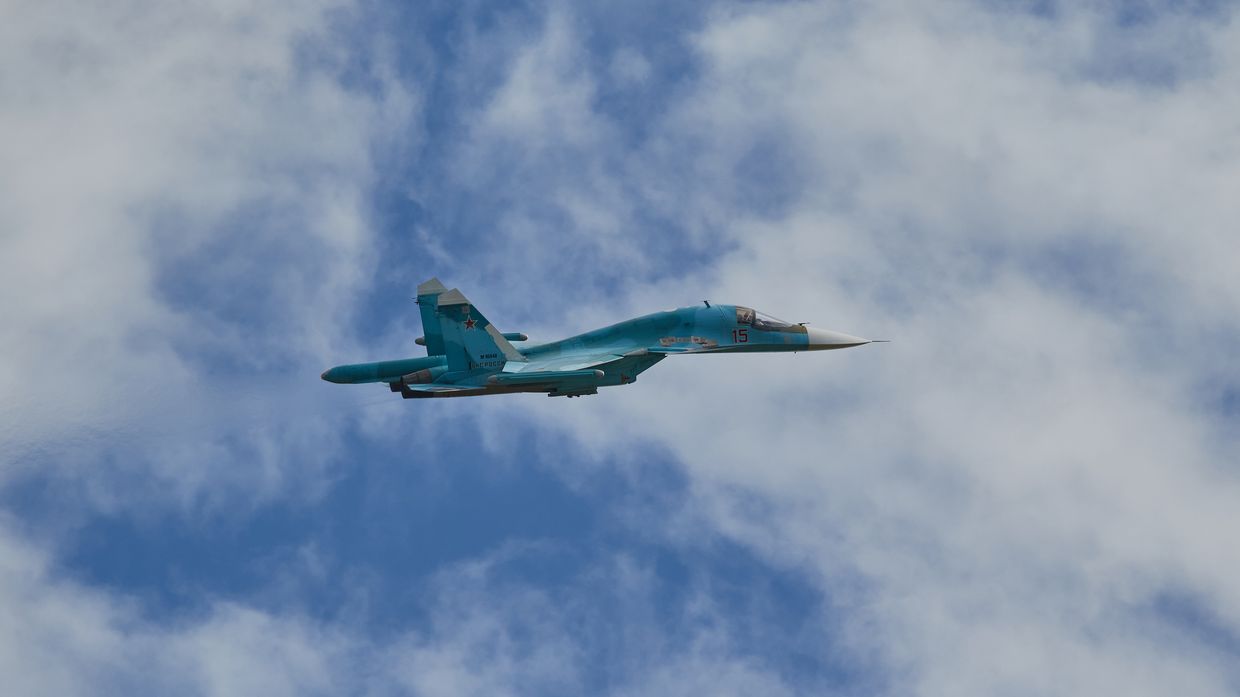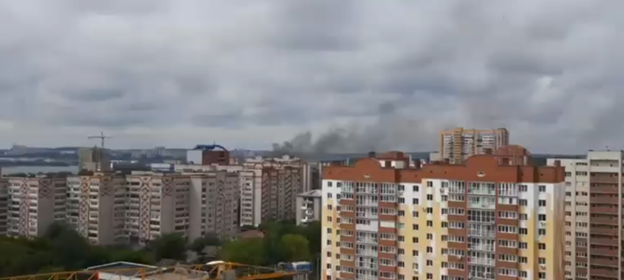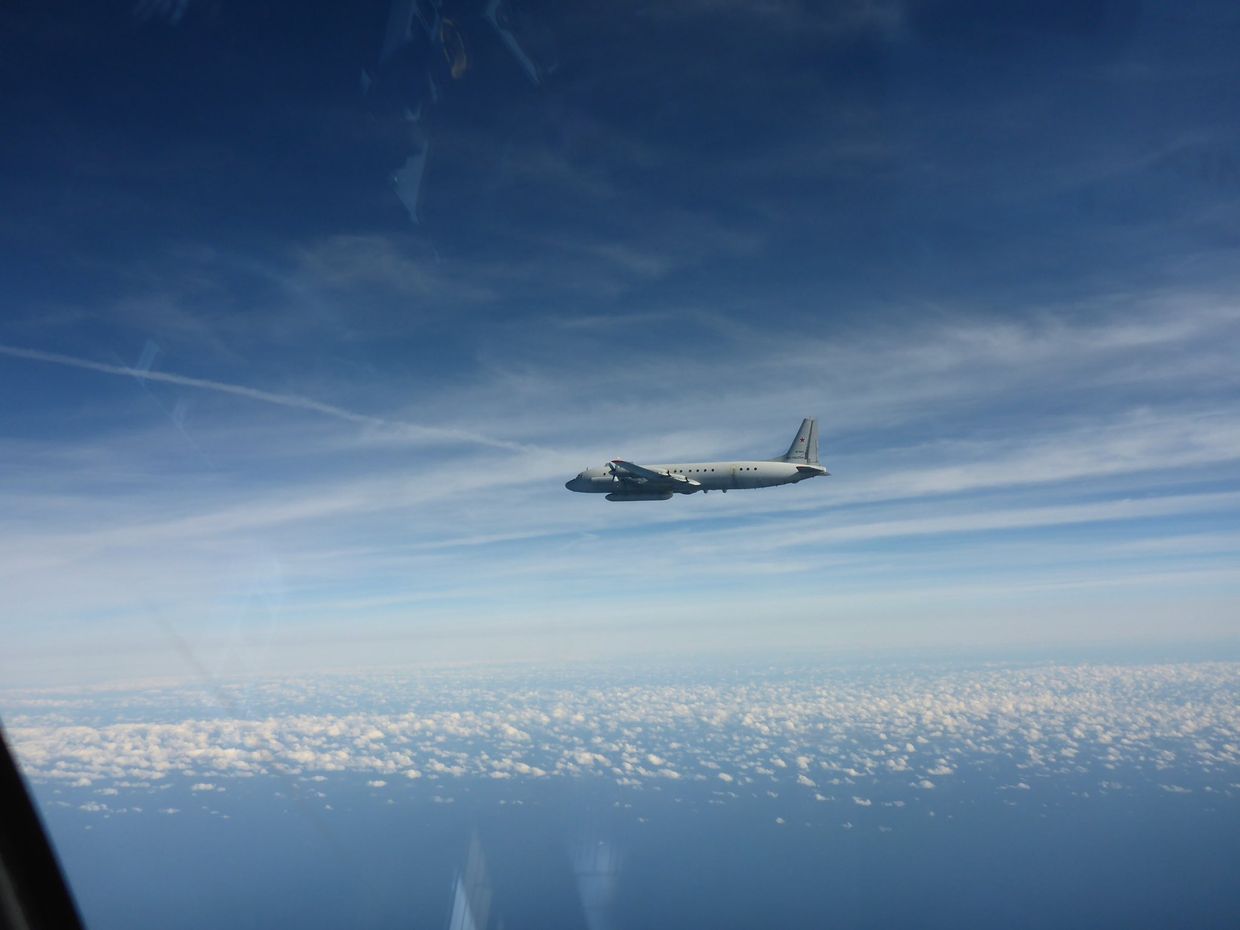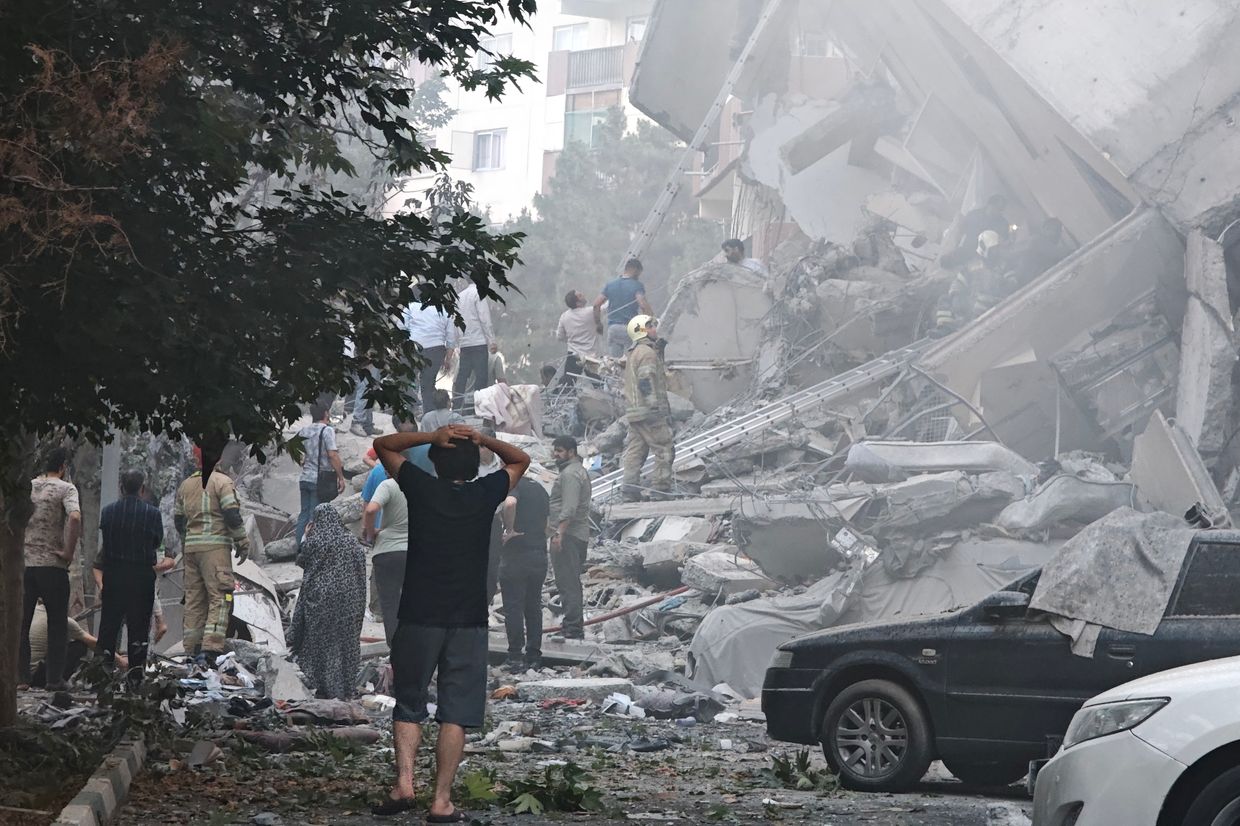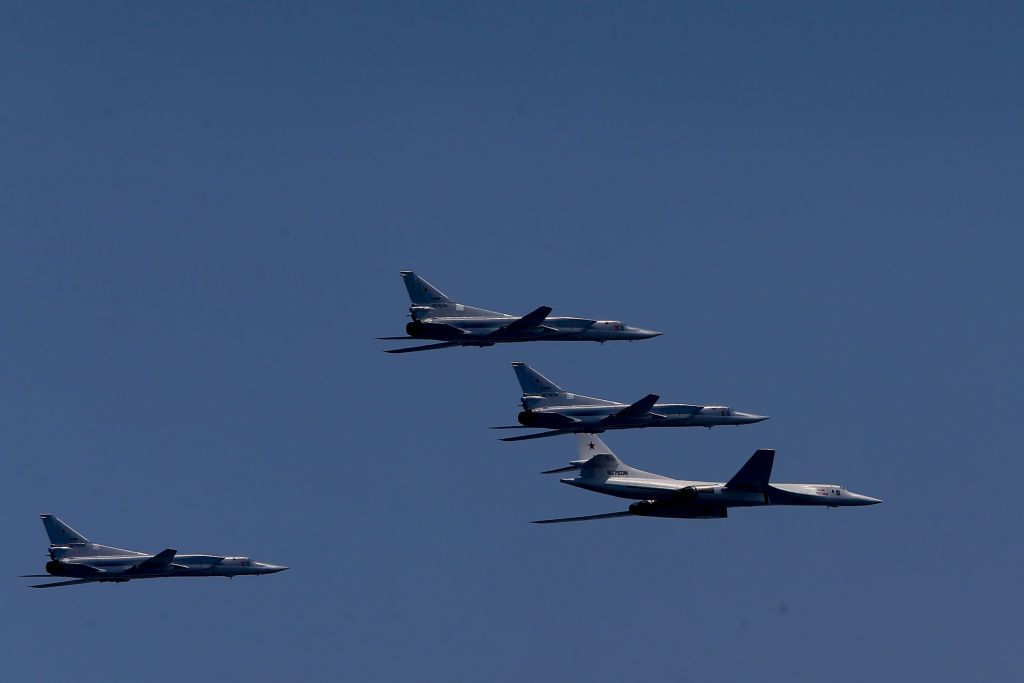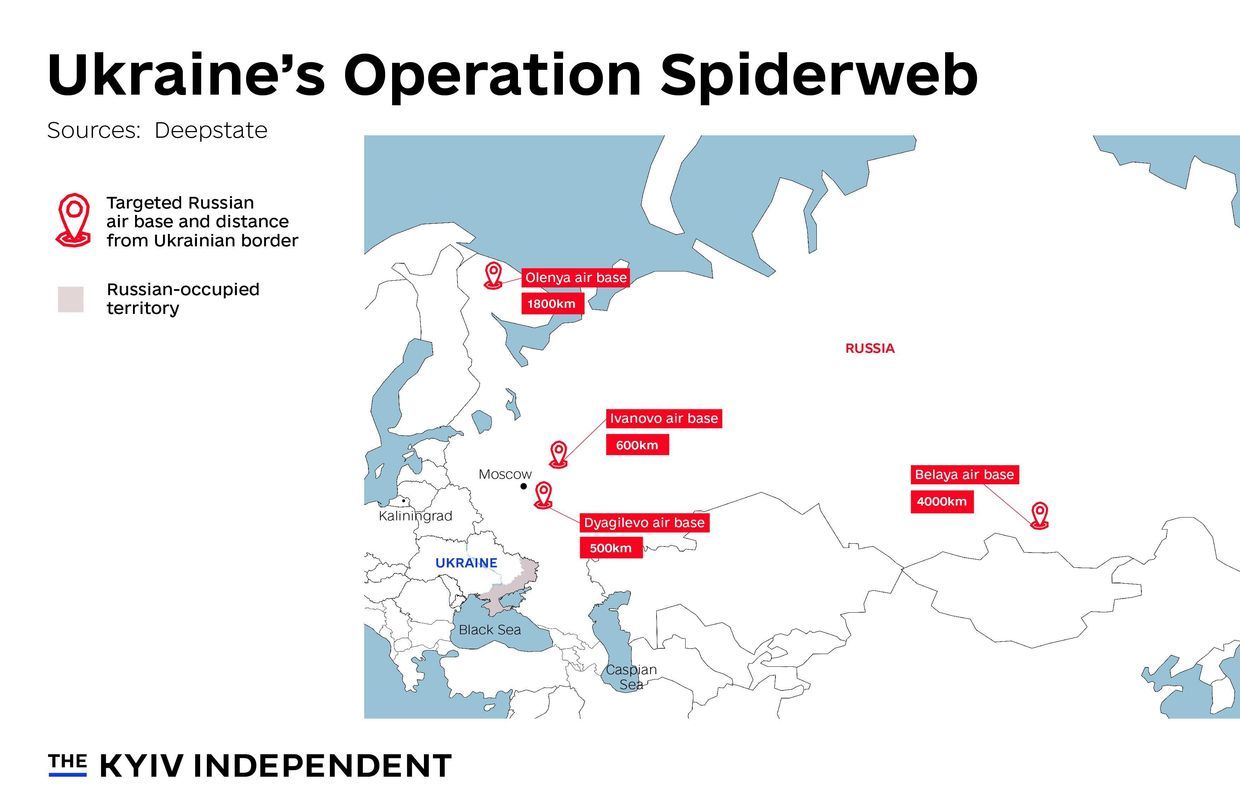Russian warplanes fly into NATO airspace — Czech President says maybe it’s time to shoot them down
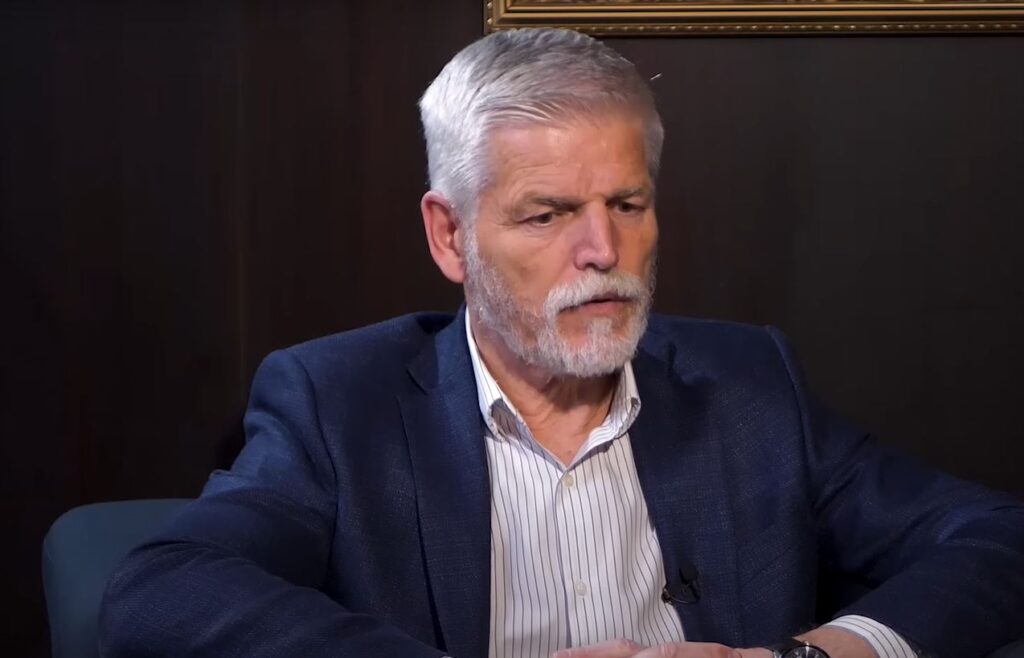
In an interview with Czech television, Czechia’s President Petr Pavel said NATO must be ready to respond militarily to Russia’s repeated violations of allied airspace — including shooting down intruding aircraft.
Moscow’s provocations come amid Russia’s ongoing invasion of Ukraine, during which it has also carried out espionage, sabotage, and direct military provocations across multiple NATO countries. The only instance when Russia ceased such airspace violations occurred in 2015, after Turkish F-16s shot down a Russian Su-24 bomber that had entered Turkish airspace.
Czech President says Russian aircraft violating NATO airspace should be shot down
President Pavel stated that Russia’s actions were a serious escalation that could no longer be tolerated.
“According to President Petr Pavel, Russia’s violation of NATO states’ airspace significantly increases tensions in Europe,” wrote Novinky.cz. Pavel said the West must respond adequately — “including a possible downing of Russian aircraft.”
Speaking to Czech TV, he emphasized, “This includes a military reaction. Russia will very quickly realize it made a mistake and crossed acceptable boundaries.”
He warned that it is a delicate situation, but “yielding to evil is simply not possible.”
Help us tell the stories that need to be heard. YOUR SUPPORT = OUR VOICENATO must stop appeasing Russian provocations, Pavel warns
Pavel underscored that violating NATO airspace activates legitimate defensive mechanisms.
“Violating airspace is a reason to activate defense mechanisms and thus shoot down such an aircraft,” he said. He added, “Russia will behave as far as we allow it.”
Radio Prague International noted that the Czech President said this behavior is not new, recalling past provocations.
“I always used to ask them why they do it, knowing it could provoke conflict. Every time they answered: ‘Because we can’,” Pavel said.
Estonia invokes NATO Article 4 after MiG-31 incursion
The 12-minute intrusion by the three MiG-31s over Estonia on 19 September triggered immediate concern. NATO patrol aircraft intercepted and escorted the Russian jets. Following the incident, Estonia requested consultations under Article 4 of the North Atlantic Treaty.
Article 4 allows any NATO member to call consultations if they feel their territorial integrity, political independence, or security is under threat. It does not mandate a military response like Article 5, but initiates collective political deliberation.
Poland reported that Russian jets entered the “security zone” of its offshore platform in the Baltic on the same day, but clarified that no violation of its national border occurred.
The Czech President warned that Russia is probing NATO for weakness.
“What happened in recent days in Poland, Estonia — and what has been happening for four years in Ukraine — affects us all,” he said. “If we do not maintain unity, this will eventually happen to us.”
As always, Russia denies any airspace violations
The Russian Ministry of Defense denied that any border violations occurred. However, the Czech Foreign Ministry labeled the Estonian incident a provocation and escalation.
“Our message to Russia is clear: respect where your borders end, get out of Ukraine, and do not test our patience,” said the Czech MFA, according to Novinky.cz.
President Pavel reiterated that Moscow’s aim is not just to provoke, but to manipulate any NATO response.
“Russia is not only waging an aggressive war against a sovereign country,” he said, “it also seeks to provoke NATO states to test our resolve and use our reactions for its own purposes.”
